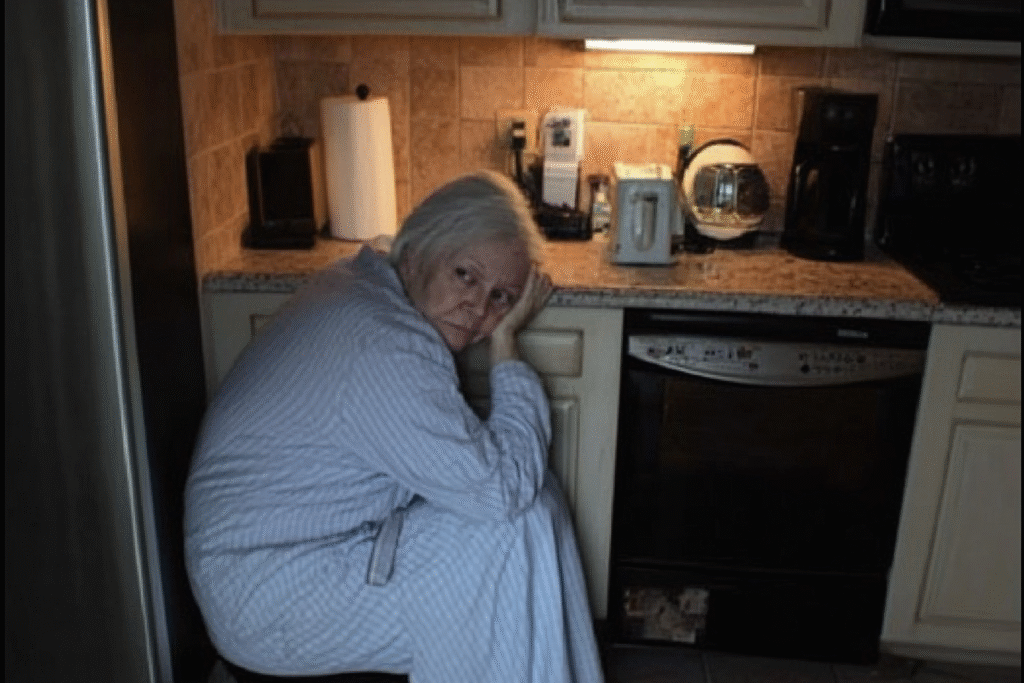
This is Sharon, my mother-in-law. She taught me something valuable—it’s important work to see someone for who they are, not what you expect. That lesson, however, came with a lot of confusion, a hint of fear, and one unfortunate incident involving a lasagna.
When I first met my mother-in-law, I had a hard time.
You see, I’d heard the stories. My wife said things like, “She has strong opinions,” and, “Just don’t bring up astrology, or mushrooms, or reality TV.” Naturally, I expected Sharon to be a fire-breathing dragon with a gluten allergy.
So when the big day came, I wore my safest outfit (beige everything), memorized three neutral conversation topics (weather, traffic, more weather), and even rehearsed polite laughter.
Sharon opened the door wearing a sweatshirt that read: I’m not bossy, I just have better ideas. That should’ve been my warning.
She greeted me with a hug that cracked three of my ribs and said, “So this is the man who stole my daughter. Hm. You’re taller than I imagined—and less threatening. That’s good.”
I laughed nervously. She didn’t.
Dinner was lasagna. I was determined to impress her, so I complimented it: “Mmm, delicious! You can really taste the… uh… tomato-based… warmth.”
She stared at me for three full seconds and replied, “It’s frozen. I microwaved it. But thanks for the performance.”
At that moment, I realized: I had no idea who Sharon was—but she definitely wasn’t what I’d imagined.
The more I got to know her, the more confused I became. She could quote Shakespeare and Star Wars in the same sentence. She’d go from giving gardening tips to yelling at squirrels like they owed her money. One minute she was baking cookies; the next, she was passionately arguing that pants are a conspiracy by big laundry.
And yet, somehow, she made sense. In her own unpredictable, chaotic, oddly inspiring way.
One night, she looked at me while we were watching a cooking show and said, “You know, I didn’t think I’d like you at first.”
I blinked. “Oh?”
She shrugged. “You seemed… cautious. Like someone who asks permission before sneezing.”
Fair.
“But,” she continued, “you showed up. You didn’t pretend to be someone else. You ate frozen lasagna like it was gourmet. And you laughed at my squirrel rants.”
That was the first time she smiled at me without making me feel like a suspect.
Now, Sharon and I are close. She’s still unpredictable, still insists pineapple belongs on pizza, and still accuses the neighbor’s cat of espionage. But I no longer see her as “the mother-in-law stereotype.” I see her as Sharon: fierce, funny, and completely unfiltered.
And thanks to her, I’ve learned that expectations are like frozen lasagna—you might think you know what you’re getting, but it’s always better with a little heat and a surprise in the middle.